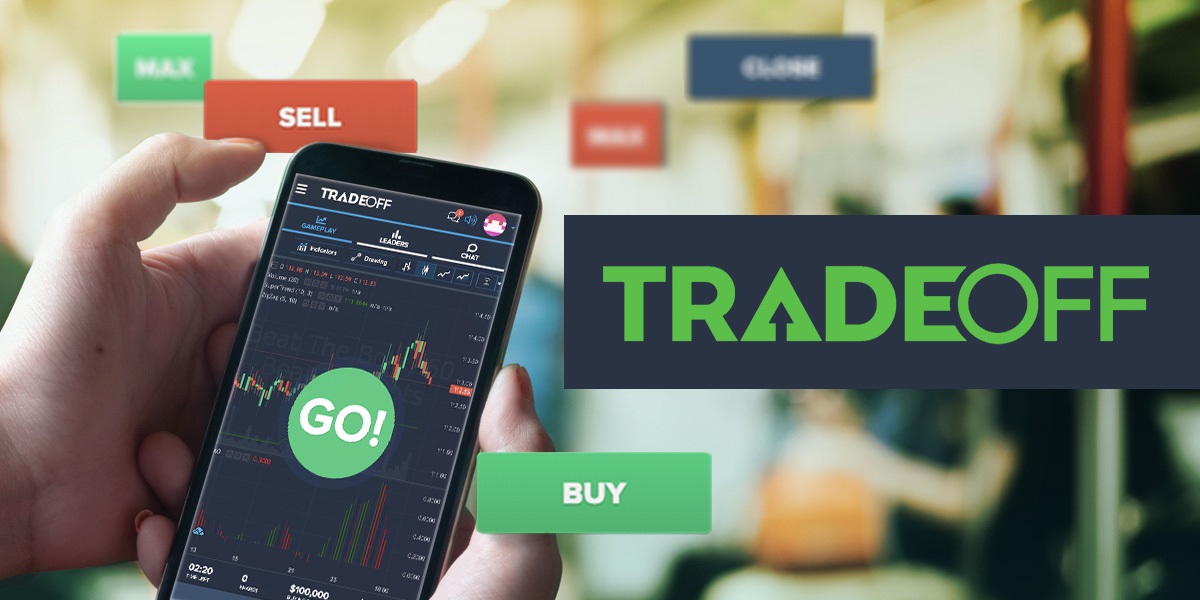TradeOff Technologies has launched TradeOff, a fantasy stock market trading game aimed at teaching financial literacy to everyone in a fun and gamified way. It might be a good way to start off your New Year’s resolutions.
Denver-based TradeOff blends the action of Wall Street with the intensity of gaming, allowing players to win real money and prizes from stock trading competitions in a low-risk way, the company said.

Unlock premium content and VIP community perks with GB M A X!
Join now to enjoy our free and premium membership perks.
![]()

![]()